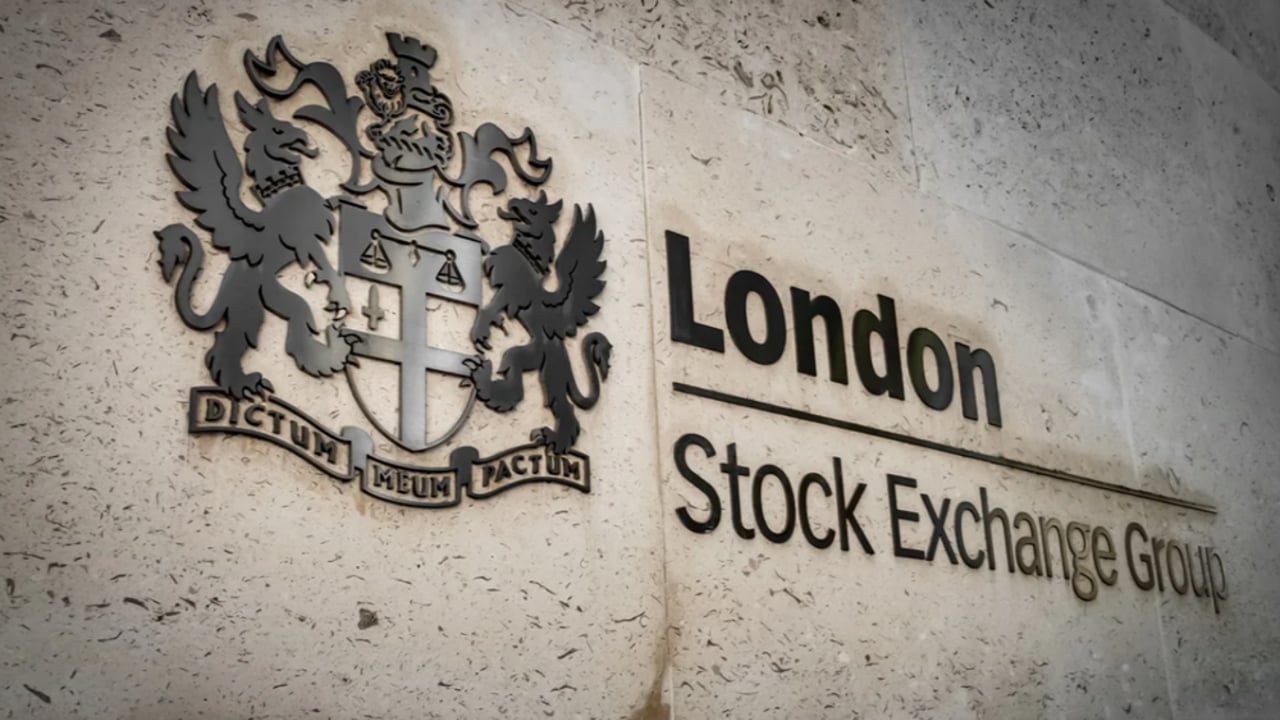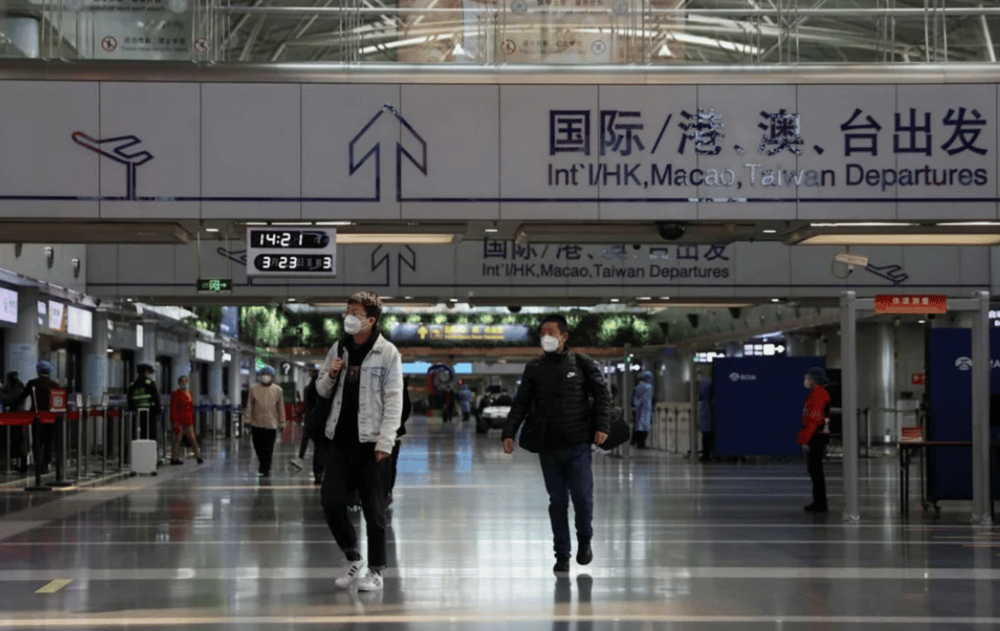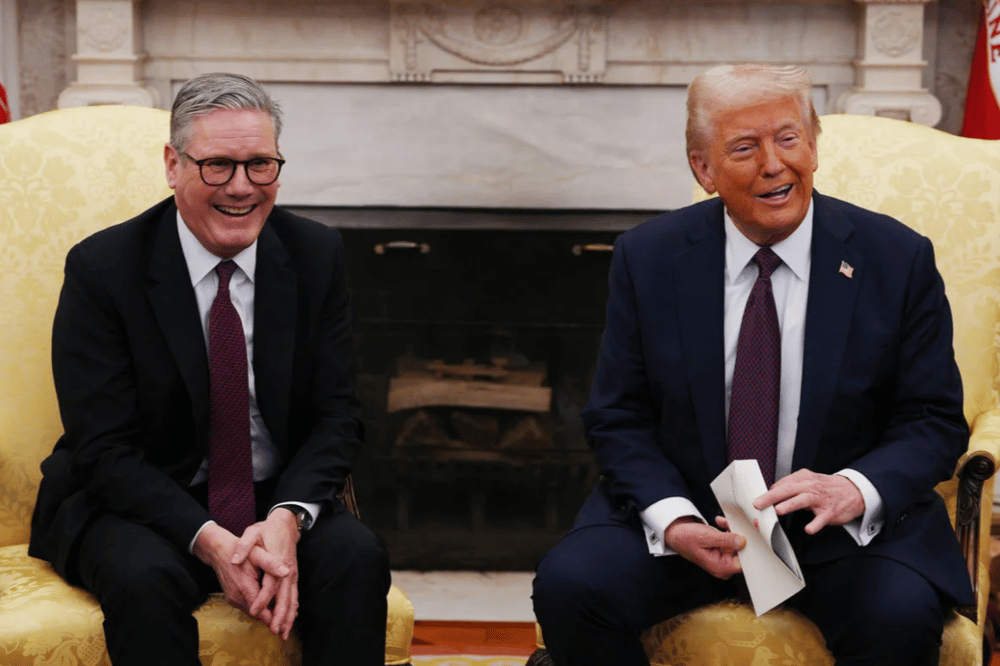Impact of New Tariffs on the UK Stock Market
The announcement of new U.S. tariffs on imported cars and auto parts has caused significant turbulence on the UK stock market. This move, announced by President Donald Trump, has sparked fears of an escalating global trade war. Investors and analysts have been keen to assess the implications of such measures on the global economy, which has led to a decline in key stock indices.
On Thursday, the FTSE 100 blue-chip index decreased by 0.6% and the FTSE 250 mid-cap index fell by 0.5% as of 10:54 GMT. This drop was triggered by the news of a 25% tariff on imported cars and light trucks set to take effect next week. The decline in these indices reflects investor concerns about the potential impact of such measures on the British economy.
UK Response to the Tariffs
UK Finance Minister Rachel Reeves emphasized that the country is actively working with the U.S. administration to secure an exemption from these new tariffs. This is particularly crucial as the U.S. is the second-largest importer of British-made cars. Additionally, she mentioned the potential review of subsidies for companies like Tesla to better support the domestic automotive industry.

UK's Key Measures
1. Diplomatic Negotiations: Continuing dialogue with Washington to lift the new tariffs.
2. Subsidy Assessment: Reviewing existing support for technology and automotive companies.
3. Economic Forecasting: Analyzing possible economic impacts and developing strategies to mitigate risks.
Impact on Specific Companies
Luxury car manufacturer Aston Martin was one of the hardest hit, with its shares reaching an all-time low. This decline is linked to uncertainties regarding future U.S. market sales. The company has already expressed concerns about possible supply and sales challenges, which could only be avoided with a revision of tariff conditions.
Factors Affecting Aston Martin's Shares
- Tariffs: Increased costs for exporting products to the U.S.
- Competition: Accelerated growth of local competitors in the U.S. market.
- Investment Risks: Investor caution towards investments in the automotive industry.

Consequences for the Global Economy
The new tariffs threaten not only British but also global trade relations. Increased protectionist measures could lead to a reduction in global trade volumes, higher prices for imported goods, and financial strain for exporting countries.
Short-term and Long-term Risks
- Price Increases: Rise in retail prices for cars and auto parts.
- Production Decline: Decreased production volumes due to reduced exports.
- Trade Tensions: Escalation of trade wars between leading world economies.
The coming week will be crucial for many companies and economies, given the significant market changes resulting from the new U.S. tariffs. It will be important to closely monitor further actions by the U.S. and partner countries to evaluate the long-term outlook for the global economy.


















Comments